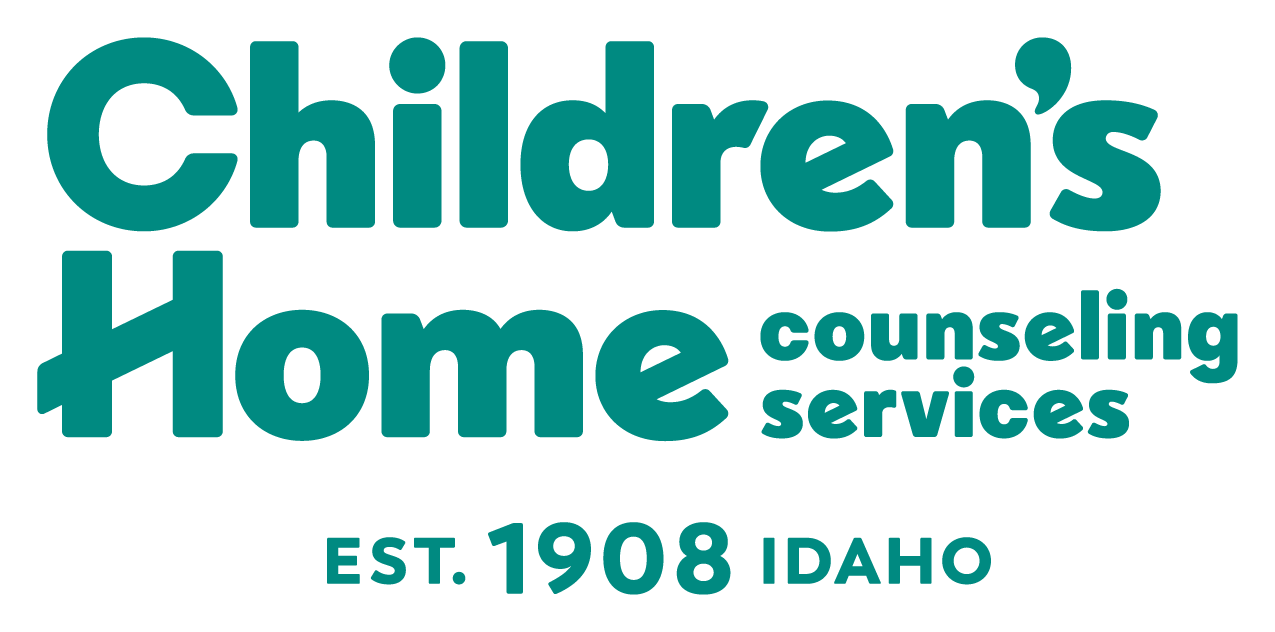Resources
If you are in a crisis, but not immediate danger, please call one of the supports below:
· Intermountain Hospital (800) 321-5984
· Cottonwood Creek: (208) 202-4700
· Women's & Children's Alliance- Rape Crisis Hotline: (208) 345-7273
· Idaho Suicide Prevention Hotline: (208) 308-4357
· National Suicide Prevention Lifeline: (800)273-8255 or 988
· Trevor Project (LGBTQ+ youth): (866) 488-7386
· GLBT National Hotline: (888) 843-4564
· Trans Lifeline: (877) 565-8960
Explore the resources offered:
-
HIPAA Information and Consent Forms
HIPAA (Health Insurance Portability and Accountability Act) is a federal law that required the creation of national standards to protect sensitive patient health information from being disclosed without the patient's consent or knowledge.
Informed Consent & Privacy Policies
CHS Informed & Privacy Policy Acknowledgment of Understanding.
-
LGBTQIA Resources
The Community Center: tccidaho.org Resources for a variety of topics. Located in Boise and holds different support group meetings, etc.
Parents and Families of Lesbian and Gay. This group has expanded to include the entire community.
Human Rights Campaign | hrc.org
The largest LGBTQIA lobbying organization in the United States. Many helpful resources, articles and support. This group also provides a list of best companies to work for that are LGBTQIA supportive with a rating system.
Online Communities and LGBTQ+ Youth - Human Rights Campaign: hrc.org
- A Parent’s Quick Guide for In-School Transitions Human Rights Campaign
- Talking to Grandparents and Other Adult Family Members - Human Rights Campaign
The Trevor Project Great resource geared towards 13-24 years of age.
Family Equality Advancing Equality for LGBTQ Families Advances legal equality for LGBTQIA families and helps with policy changes.
Community Resources for College Kids
About 17% of all college-bound students identify as part of the LGBTQ+ community, and many of them have often encountered bullying and discrimination during their middle and high school years. All college students thrive in a community that meets their needs and provides opportunities for social and academic growth, and for LGBTQ+ students, this is even more important. You’ll need to find a college environment that prioritizes your safety and makes you feel welcome.
Depression & the LGBTQ+ Community [Infographics - PDF]
Guides built for and with LGBTQ+ teens to help you explore your identity and support your mental health.
Q Chat Space hosts free and anonymous online live group chats with trained facilitators that allow teens to get peer support with extensive safety measures in place. All participants are manually vetted by the CenterLink program manager, and it's the only group of its kind that doesn't require video/audio participation to protect minors' identities.
You can also listen to our Podcast,<a value="mindfulmic" label="" type="page" href="/mindfulmic" data-runtime-url="/mindfulmic"> The Mindful Mic as we are joined by licensed therapist, Savannah Perez, to explore how parents and caregivers can create safe, affirming spaces for their children—especially those navigating questions around gender, identity, and self-expression. Because when kids feel seen and heard, their whole world can change.
-
BIPOC Mental Health
Our lives are deeply intertwined with our environments, and these surroundings impact our mental health and overall wellness. Black, Indigenous, and people of color (BIPOC) populations are faced with disproportionate amounts of historical trauma and displacement that can challenge their ability to thrive in their environments.
However, culture, community, and connection are pillars that support and uplift BIPOC individuals in the face of oppression and systemic racism.
Learn more in these resources about how BIPOC communities have thrived.
Idaho Black Community Alliance
National Indian Council on Aging
Listen to our podcast, The Mindful Mic, as we are joined by Krysti Garcia-Dunn, LMSW (Licensed Master Social Worker)—a dedicated clinician with Children’s Home Counseling Services who provides mental health support both in our clinics and directly in schools. As a passionate advocate and voice for the BIPOC community, Krysti shares insight into the challenges BIPOC youth face, the importance of culturally responsive care, and how being present in schools helps break stigma, build trust, and create safe spaces for healing.
-
Suicide Prevention
Resources:
CALL 988
The 988 Lifeline provides 24/7, free and confidential support for people in distress, prevention and crisis resources for you or your loved ones, and best practices for professionals in the United States.
Through education and awareness they can help individuals, organizations, and communities end mental health stigma, spark conversations, and create suicide prevention champions out of EVERYONE.
-
Supporting a Child Whose Loved One Has Cancer
Having a loved one who has cancer can flip a child’s world upside down. Most times, this situation is a child’s first time experiencing illness and death.
It is important to provide your child with the support they need during this difficult time. Taking the time to teach your child healthy coping mechanisms and answer any questions they may have about cancer can help them get through this new and challenging experience.
To learn how to tell a child that a family member has cancer, click here.
-
The Facts About OCD (Obsessive Compulsive Behavior)
-
Find a Support Group
Local support groups for youth, parents and families.
The Compassionate Friends hoping to find a purpose in a life that suddenly seems so empty. Whether your family has had a child die (at any age, from any cause) or you are trying to help those who have gone through this life altering experience, The Compassionate Friends exists to provide friendship, understanding, and hope to those going through the natural grieving process.
-
Community Food Resources & Assistance
In response to recent changes in SNAP benefits, community partners across the Treasure Valley are working together to make sure no one goes hungry. Explore local food banks, farmers market voucher programs, and other food support services available near you.
🛒 Boise Farmers Market
Offering $40 in food vouchers on November 1, 2025, from 9 a.m. – 1 p.m. at the Boise Senior Center (690 Robbins Rd.).
Show your SNAP/EBT card to receive $20 for SNAP-eligible items (meat, cheese, bread, veggies) and an additional $20 for fruits and vegetables.
🥕 Nampa Farmers Market
Hosting the “Share and Care Community Produce Program” for Seniors (65+), Kids (12 & under), and Veterans through the “Military Gratitude Program.”
Exchange $20 for $25 in market vouchers on Saturday, November 1, from 11 a.m. – 1 p.m. at Lloyd Square Park (114th Ave S, Nampa, ID 83651).
🍎 The Idaho Foodbank
Provides free food distributions across Ada County and beyond.
Visit idahofoodbank.org/getfood
to find a pantry or mobile distribution near you.
🥫 Local Food Banks & Pantries
Corpus Christi House – Day shelter and meal support. 525 S Americana Blvd, Boise.
Boise Rescue Mission Ministries – Meals, groceries, and shelter support. Visit boiserm.org
Salvation Army Boise – Emergency food boxes and hot meal programs. 9492 W Emerald St, Boise.
Search for local food pantries, meal programs, and assistance at findhelp.org

